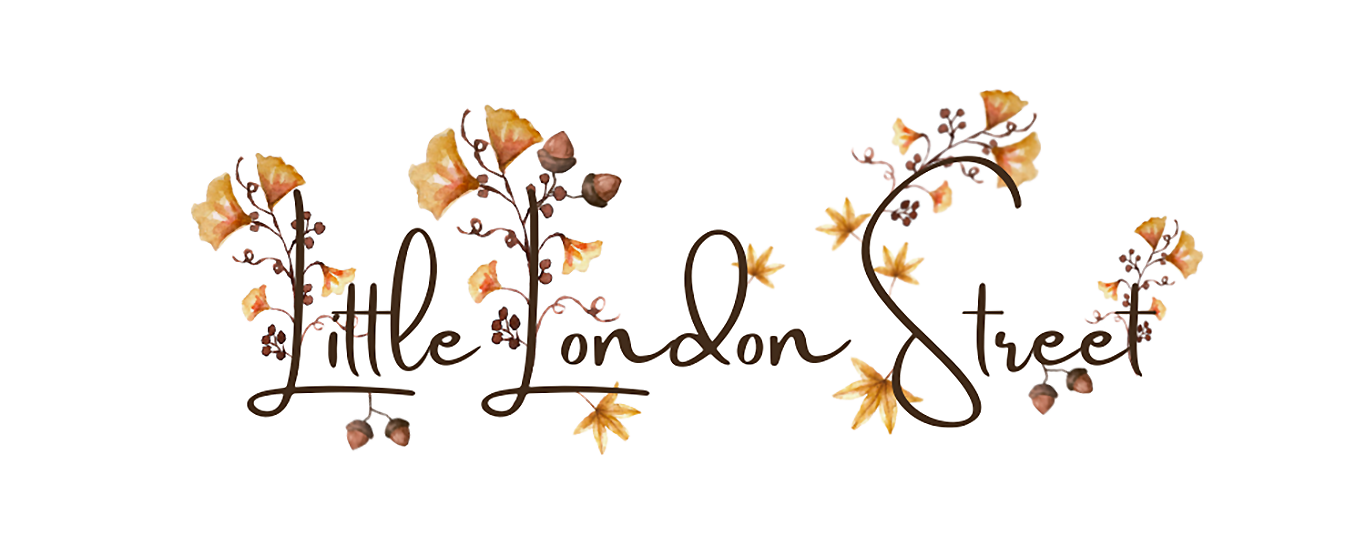Er, if you think I was referring to food, you're wrong. I was referring to characters. But the food thing can also apply to characters if you're a soulless meat-eating dinosaur like me.
Have y'all ever played sociologist? I think it's kind of funny how there are humans who study other humans, but luckily I don't fall into that category because I'm a dinosaur. Duh. But as I study people, I've noticed that we are all so different. I've been wondering, "How can I make my book characters unique, too? How do I make them seem more human?"
And then I realized that diversity makes characters unique. Just as
people are different from each other, characters must be also. But hold up!—Diversity is more than your ethnicity or the color of your skin. Since you
can’t actually see literary characters, the
primary element of diversity should be in your character’s personality. I’ve
noticed two elements that appear to have the biggest impact on diversity in
both people and realistic characters: traits and systems of thought.
 Traits, such as
optimism, shrewdness, and conscientiousness,
help individualize characters. People are made to balance each other out,
which means that none of our characters should be exactly the same. Sometimes this
means they can be complete opposites. Sabrina and Daphne Grimm from The Sisters Grimm are one of my favorite
contrasting duos. Sabrina is pessimistic and closed to the paranormal world
around her; Daphne is completely accepting and totally optimistic. They balance
each other out, adding dimension to each other as characters because of their
contrasting personality traits.
Traits, such as
optimism, shrewdness, and conscientiousness,
help individualize characters. People are made to balance each other out,
which means that none of our characters should be exactly the same. Sometimes this
means they can be complete opposites. Sabrina and Daphne Grimm from The Sisters Grimm are one of my favorite
contrasting duos. Sabrina is pessimistic and closed to the paranormal world
around her; Daphne is completely accepting and totally optimistic. They balance
each other out, adding dimension to each other as characters because of their
contrasting personality traits.
What about characters that have the same traits? I always
give my characters similar traits, and somehow they end up being the same
cardboard cutout. But then I realized that characters
can have the same traits as others (most people do) but where their strengths within
those traits are should be different. For example, two characters are both
organized and artistic. One character organizes the objects in her desk by frequent
use, and the other organizes her desk by color code. The systematically organized
trait is more prominent in the first character, and the second leans more
towards the artistic trait.
This brings us to the second part of our little personality
topic. Did you know that people think
primarily on creative systems or linear systems?
Luckily, I can give supple examples because in my family
there is a good deal of both types. One of my brothers is an extremely artistic
kid, but he thinks very randomly, starting an art project in one corner and
then jumping to the next corner. He does things with no specific order, whereas
I am always organizing things on a system. I have to have a system or I can’t
function. Cleaning my desk I start from the bottom-most drawer and work my way
around to the top. See the difference? While we are both organized in our own
ways, the way we think is different in terms of primary system (which could
probably explain why we don’t agree on much).
How people think will affect how they act. In my brother’s
case, he can be scatter-brained sometimes. I can be a control freak because I
have to have everything organized by my methods. Characters can have the same
traits and still think differently in the same situations. As an example
situation, two characters could both have the trait of kindness. They see a
beggar on the road, and one’s thought is to give the beggar a ride to a shelter
and the other is to offer some groceries they just bought. Systems of thought
are really important as you try to keep you characters unique. Identify how
your character thinks, how that would guide their decisions, and compare that
to your other characters. You should be able to spot if they are becoming
twins.
 We covered the unique part of this post pretty well, so
let’s move on to the fresh part of the meal *cough* I mean characters. What makes characters fresh? I
personally love the quirky ones, like Max Ernest from The Secret Series or Willow from Counting by 7’s. Every person has a quirk. For you, maybe your quirk is carrying
bubbles with you everywhere. I knew a two-year old who was obsessed with
hygiene and eyebrows. Go figure. Find a way for your character’s quirk to
affect the way they act. For example, one of my quirks is that I love studying
the colors of people's eyes, which can sometimes be problematic. So maybe
a character like that can stare at people’s eyes too long.
We covered the unique part of this post pretty well, so
let’s move on to the fresh part of the meal *cough* I mean characters. What makes characters fresh? I
personally love the quirky ones, like Max Ernest from The Secret Series or Willow from Counting by 7’s. Every person has a quirk. For you, maybe your quirk is carrying
bubbles with you everywhere. I knew a two-year old who was obsessed with
hygiene and eyebrows. Go figure. Find a way for your character’s quirk to
affect the way they act. For example, one of my quirks is that I love studying
the colors of people's eyes, which can sometimes be problematic. So maybe
a character like that can stare at people’s eyes too long.
The second thing
I notice that helps cement a character’s personality is their habits. Everyone has habits, be it bad or good.
Habits can come from social settings, media, hobbies, and personal preferences.
If your character plays video games
late at night, maybe they have a bad habit of being wide-awake at a certain nighttime
hour. If you feel your character needs something to liven them up, give
them at least one bad habit or good habit and make this an active part of their
personality. E.g. leaving all the kitchen cabinets open or cleaning their phone
screen constantly.
If you’re having trouble coming up with quirks or habits to
give your characters, check their backstory. (You might think you know it like
the back of your hand, but that’s probably not true because apparently my MC
has a little sister that is supposed to be very important to the plot?? Who
knew. Point is, if it happens to me, it probably happens to you.) Characters
with individualized backstories are more entertaining to read about because
what they do in their off-page time leaks into what they do on page. Look at a character’s backstory and
try to find a unique personality element—it doesn’t have to be super important
to the story—and make it leak onto their pages.
Lastly, we get to find out how your character expresses all
of this! People will express themselves mainly through one to two of these
methods: speech, thought, or action. Going with the video game thing, a way to express themselves through
speech would be to make video game references all the time. Maybe they talk
more than anything. If they express themselves primarily through action, maybe
they like to hold up finger guns and “shoot” fire hydrant enemies. Or if they
think all the time, maybe they just think up strategies to beat the next level and
draw them on scrap paper.
What are they like?
How have you developed them to be unique and different from each other?
Do they have any habits or quirks that make them unique?
Do you have any other tips to add to this post?
Keep your eyes peeled for part 2 of this post, where we come back to the surface and talk more skin-deep. What did you think of this post? Would you like to see more like these? I would love to hear your opinions!
Smiles!
Nicole









No comments:
Post a Comment
Feel free to rant, fangirl, flail, squeal, etc. and I'll get back to you with just as much enthusiasm! I always reply, so check back often. Please keep your language cuss-free and no taking the Lord's name in vain. Thanks for stopping by! :)